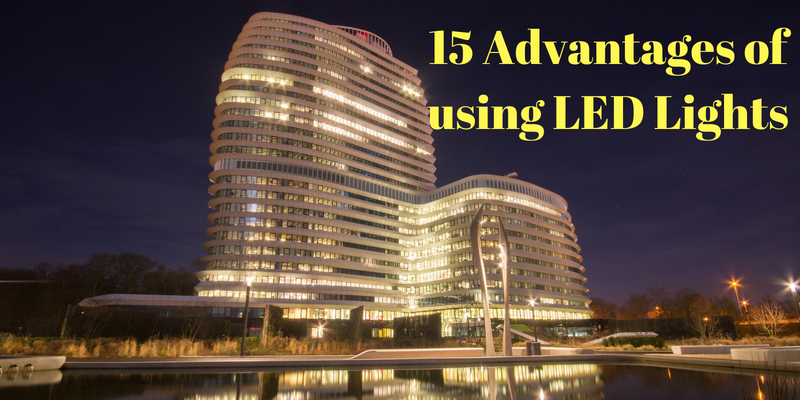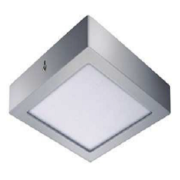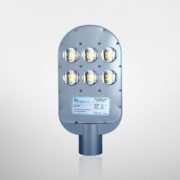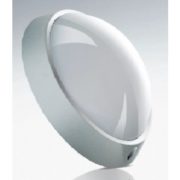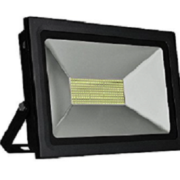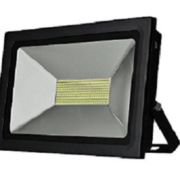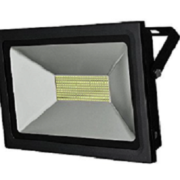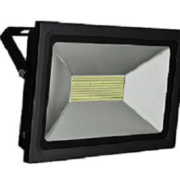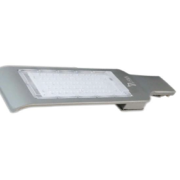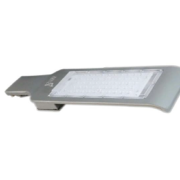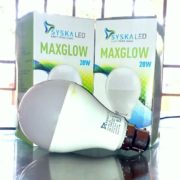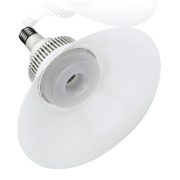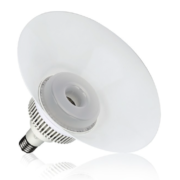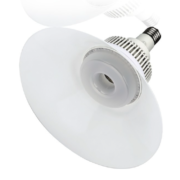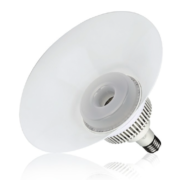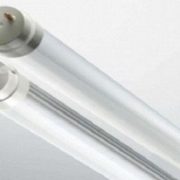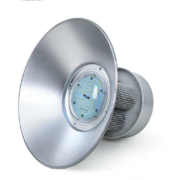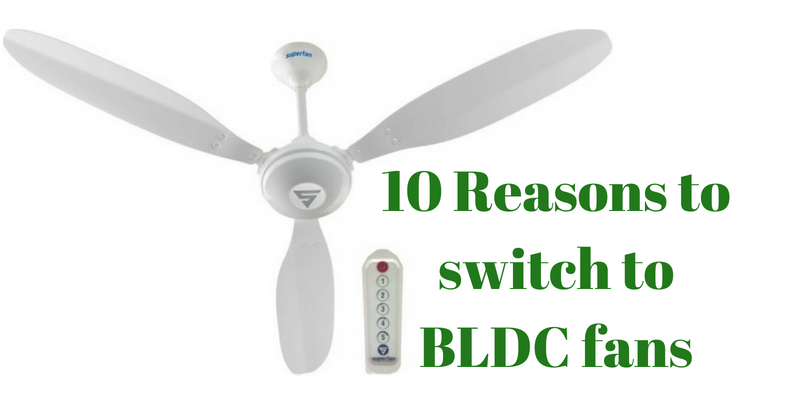15 Advantages of using LED Lights
Light Emitting Diodes commonly called LED lights have become extremely popular and is being used widely across industries. One of the major reasons to switch to LED lights is their low power consumption. These LED lights consume very less power than its counterparts such as CFLs, metal halide lamps and or incandescent bulbs. However there are several advantages other than the energy saving. The benefits of using LED lights are listed below.
- Energy Saving
- Reduced Heat
- Longer life time
- Cost Saving
- Low Maintenance
- Instant Glow
- Eco friendly
- Reduced Electrical Accessories
- Not fragile
- High Color Rendering Index (CRI)
- Lighting Control
- Efficient Lighting
- Low Voiltage operation
- Zero UV emmission
- Wide range of color temperature
The benefits are explained briefly below.
(For the best view in mobile, rotate the device horizontally)LED LightsView All
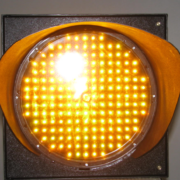
AC LED Blinker
₹2,966.10 – ₹3,567.80
Select options
This product has multiple variants. The options may be chosen on the product page
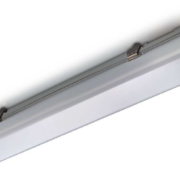
SYSKA Weatherproof Batten SSK-WP
₹2,031.25 – ₹3,383.93
Select options
This product has multiple variants. The options may be chosen on the product page
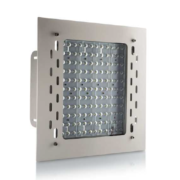
SYSKA LED Canopy Lights
₹7,829.00 – ₹9,250.00
Select options
This product has multiple variants. The options may be chosen on the product page
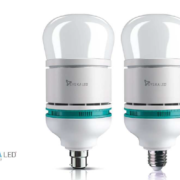
SYSKA Rocket Lamp
₹415.18 – ₹736.61
Select options
This product has multiple variants. The options may be chosen on the product page
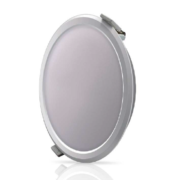
SYSKA LED Downlight – SSK-RDL-R (Round)
₹321.43 – ₹727.68
Select options
This product has multiple variants. The options may be chosen on the product page
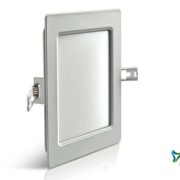
SYSKA LED Panel Light – Square
₹324.11 – ₹1,371.43
Select options
This product has multiple variants. The options may be chosen on the product page

DC LED Traffic Blinker
₹3,567.80 – ₹3,813.56
Select options
This product has multiple variants. The options may be chosen on the product page
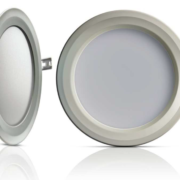
SYSKA LED Panel Light (Round)
₹334.82 – ₹1,371.43
Select options
This product has multiple variants. The options may be chosen on the product page
Energy Saving
LED Lights have a system efficacy of up to 135 lumens per watt making them the most energy efficient light available. In case of CFLs, it is as low as 60 lumens per watt. This means a 50W LED light can provide a lighting that is equal to the lighting provided by 115W CFL.
Reduced Heat
While in conventional lighting, most of the electrical energy is converted as heat energy. For instance, in an incandescent bulb, almost 70% of the electrical energy is converted as a heat energy, some of the energy will be lost as losses during transmission and only the rest is converted into lighting energy. In LED lights, only 5% of the electrical energy is converted as heat. The LED lights emit very less heat and this dissipated through a proper heat sink management. LED lights can work even in extreme cold conditions as they are not affected by temperature changes.
Longer Life Time
Metal halide lamps lasts for 15,000 hours, CFL lasts for 8,000 hours and incandescent bulbs lasts for 1200 hours. LED lights have a longer life time of as long as 50,000 hours. If a LED light is used for 10 hours a day, it can last for 5,000 days, which is almost 14 years! This makes LED lights almost an onetime investment
Cost saving
Since LED Lights have a longer life time, the need for replacement of lights need not be a frequent affair. While Metal Halide lamps may have to be changed after every four and a half years (at 10 hours buring per day), LED Lights lasts as long as 14 years. Apart from the longer life, the LED lights consume almost 50% lesser power than their metal halide counterparts. This helps in reducing up to 50% in the lighting energy bills.
Low maintenance
As the LED lights lasts up to 14 years without any interruption, it requires almost negligible maintenance. It is like a fit and forget device that requires no attention except for switching it on and off, In fact there are lighting automation technologies with which the switching pattern of the lights can be automated based on the requirements.
(For the best view in mobile, rotate the device horizontally)LED Outdoor LightsView All

AC LED Blinker
₹2,966.10 – ₹3,567.80
Select options
This product has multiple variants. The options may be chosen on the product page

DC LED Traffic Blinker
₹3,567.80 – ₹3,813.56
Select options
This product has multiple variants. The options may be chosen on the product page
Instant Glow
LED Lights have no warm up period as they start glowing to its fullest capacity in contrast to its other counterparts. This helps in avoiding any interruption in the work.
Eco friendly
LED lights do not have any mercury or any hazardous substances. No harmful emissions come from them either during the operation or during disposal. Usually the disposal of the conventional lights has to be done through proper channel and this involves cost. This cost is avoided while using LED lights.
Reduced Electrical Accessories
Since LED lights give almost double the lighting, when compared to their conventional counterparts, the total number of lights required is substantially reduced leading reduced number of switches and electrical switch boards. Moreover, since the LED lights consume less power, the cable sizing also need not be a larger, thus providing additional scope to save cost.
Not Fragile
LED lights are not made of any filament, tube or bulb. They are made of solid material, making them hard to break. For this reason, they are are also called solid state lighting.
High Color Rendering Index (CRI)
LED lights give excellent color rendering. This helps in showcasing the products as they are. This increases the credibility among customers in case of retail showrooms. The CRI of LED lights is not below 0.7.
(For the best view in mobile, rotate the device horizontally)LED Commercial LightsView All
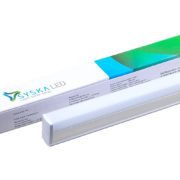
SYSKA LED T5 Batten SSK-SQ
₹236.61 – ₹334.82
Select options
This product has multiple variants. The options may be chosen on the product page
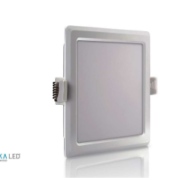
SYSKA LED Downlight – SSK-RDL-S (Square)
₹321.43 – ₹727.68
Select options
This product has multiple variants. The options may be chosen on the product page
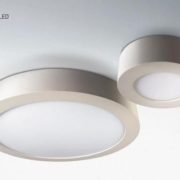
SYSKA LED Surface Light Round SSK-SDC-N
₹524.11 – ₹1,053.57
Select options
This product has multiple variants. The options may be chosen on the product page
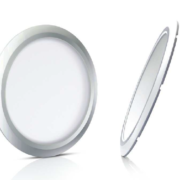
SYSKA LED Slim Panel Light SSK-SDL
₹535.71 – ₹1,736.61
Select options
This product has multiple variants. The options may be chosen on the product page
Lighting Control
The output of the LED lights can be controlled based on the requirement. This helps in dimming or brightening up the light output. Moreover they may be connected to sensors to automate the lighting control process.
Efficient Lighting
The LED lights can be directed across any direction, thus making an efficient use of the system.
Low Voltage Operation
LED Lights operate even at voltages as low as 90V and can handle high voltages up to 300V. This ensures that here is sufficient lighting if there are voltage fluctuations.
Zero UV emissions
LED lights do not emit any UV radiations. This helps in preventing sun burns, skin pigmentation, premature aging of the skin, deficiency in the immune system, eye damage, skin cancer and even life threatening conditions.
Wide range of color temperature
Color temperature indicates the output color of the light emitted by lighting source. LED lights have a color temperature in the range of 3000K to 6500K, thus making them meet several applications.
(For the best view in mobile, rotate the device horizontally)LED Industrial LightsView All

AC LED Blinker
₹2,966.10 – ₹3,567.80
Select options
This product has multiple variants. The options may be chosen on the product page

SYSKA Weatherproof Batten SSK-WP
₹2,031.25 – ₹3,383.93
Select options
This product has multiple variants. The options may be chosen on the product page

SYSKA LED Canopy Lights
₹7,829.00 – ₹9,250.00
Select options
This product has multiple variants. The options may be chosen on the product page
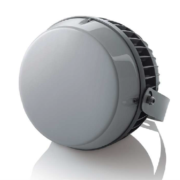
SYSKA LED Well Glass Lights
₹3,690.00 – ₹5,930.00
Select options
This product has multiple variants. The options may be chosen on the product page

